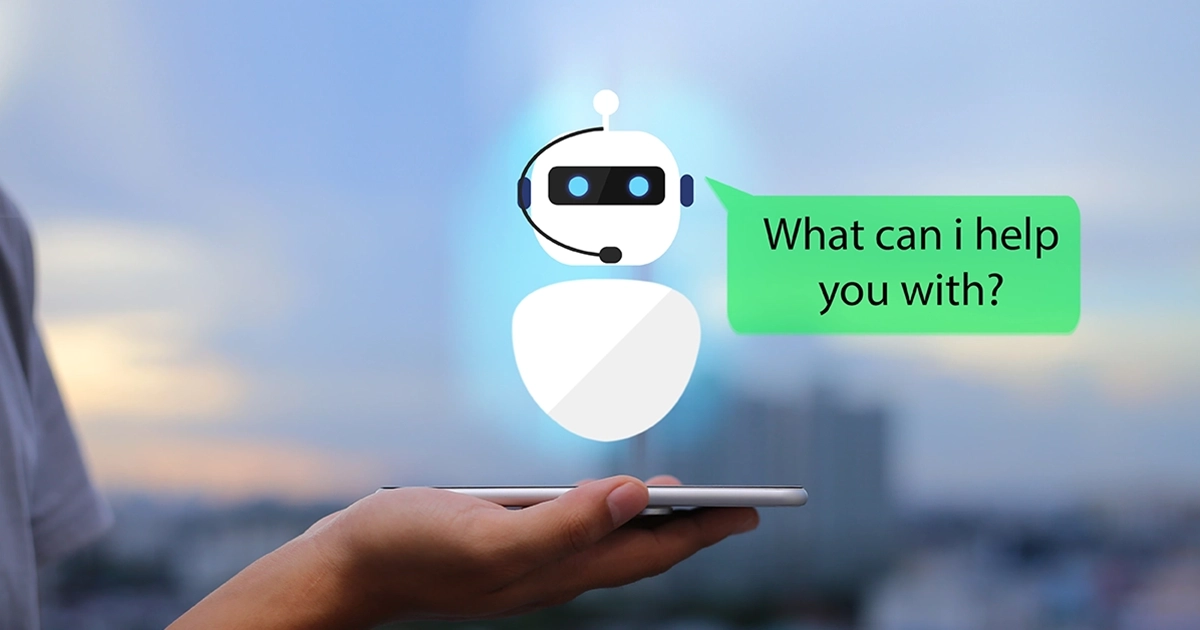Will Chatbots Replace Programmers in the Future?
The rapid advancement of artificial intelligence (AI) and natural language processing (NLP) has led to the emergence of sophisticated chatbots and AI-powered tools like OpenAI’s ChatGPT, GitHub Copilot, and Google’s Bard.
These tools are capable of generating code, debugging, and even offering solutions to complex programming problems. As a result, a pressing question has arisen: Will chatbots replace programmers in the future? While the answer is nuanced, it is clear that the role of programmers is evolving rather than disappearing.
The Rise of AI in Programming
AI-powered chatbots and coding assistants have already made significant strides in the programming world. Tools like GitHub Copilot, which uses OpenAI’s Codex, can autocomplete code, suggest functions, and even write entire blocks of code based on natural language prompts. Similarly, ChatGPT can generate code snippets, explain programming concepts, and assist with debugging. These tools are designed to enhance productivity, reduce repetitive tasks, and help developers focus on more complex and creative aspects of software development.
For example, a programmer can now describe a problem in plain English, and a chatbot can generate the corresponding code in a matter of seconds. This has the potential to democratize programming, making it more accessible to non-experts and reducing the barrier to entry for aspiring developers.
The Limitations of Chatbots
Despite their impressive capabilities, chatbots are not without limitations. Here are some key challenges that prevent them from fully replacing human programmers:
- Lack of Creativity and Problem-Solving Skills: While chatbots can generate code based on existing patterns and data, they lack the creativity and intuition of human programmers. Software development often requires innovative solutions to unique problems, which AI may struggle to provide.
- Contextual Understanding: Chatbots may misinterpret user inputs or fail to grasp the broader context of a project. Programming is not just about writing code; it involves understanding business requirements, user needs, and system architecture—areas where human expertise is indispensable.
- Debugging and Maintenance: Debugging complex systems and maintaining legacy codebases require deep domain knowledge and critical thinking. Chatbots can assist with identifying errors, but they may not always provide optimal solutions, especially in highly specialized or niche domains.
- Ethical and Security Concerns: Relying solely on AI-generated code raises ethical and security concerns. Chatbots may inadvertently introduce vulnerabilities or biases into the code, and without human oversight, these issues could go unnoticed.
The Evolving Role of Programmers
Rather than replacing programmers, chatbots are likely to transform their roles. Here’s how the future of programming might look:
- Increased Productivity: Chatbots will handle repetitive and mundane tasks, such as writing boilerplate code or fixing syntax errors, allowing programmers to focus on higher-level design and problem-solving.
- Collaboration Between Humans and AI: Programmers will increasingly work alongside AI tools, leveraging their capabilities to streamline workflows and accelerate development cycles. This collaboration will require programmers to develop new skills, such as effectively communicating with AI systems and interpreting their outputs.
- Focus on Creativity and Innovation: As chatbots take over routine tasks, programmers will have more time to innovate and create cutting-edge solutions. The demand for creative thinking, strategic planning, and user-centric design will grow.
- Specialization in Complex Domains: Programmers will likely specialize in areas that require deep expertise, such as AI development, cybersecurity, and systems architecture. These domains are less likely to be fully automated and will continue to rely on human ingenuity.
The Future of Programming Jobs
While chatbots may reduce the need for certain types of programming jobs, they are unlikely to eliminate the demand for skilled programmers. Instead, the job market will shift toward roles that require advanced technical knowledge, creativity, and the ability to work with AI tools. Programmers who adapt to this changing landscape by upskilling and embracing AI will remain valuable in the workforce.
Moreover, the rise of AI in programming may create new job opportunities, such as AI trainers, prompt engineers, and AI ethicists, who will ensure that AI systems are used responsibly and effectively.
Conclusion
Chatbots and AI-powered tools are undoubtedly transforming the field of programming, but they are not poised to replace programmers entirely. Instead, they will serve as powerful assistants, enabling developers to work more efficiently and tackle more complex challenges. The future of programming lies in the collaboration between humans and AI, where creativity, critical thinking, and technical expertise remain at the forefront.
As the saying goes, “AI won’t replace programmers, but programmers who use AI will replace those who don’t.” The key to thriving in this new era is adaptability, continuous learning, and a willingness to embrace the tools of the future.
